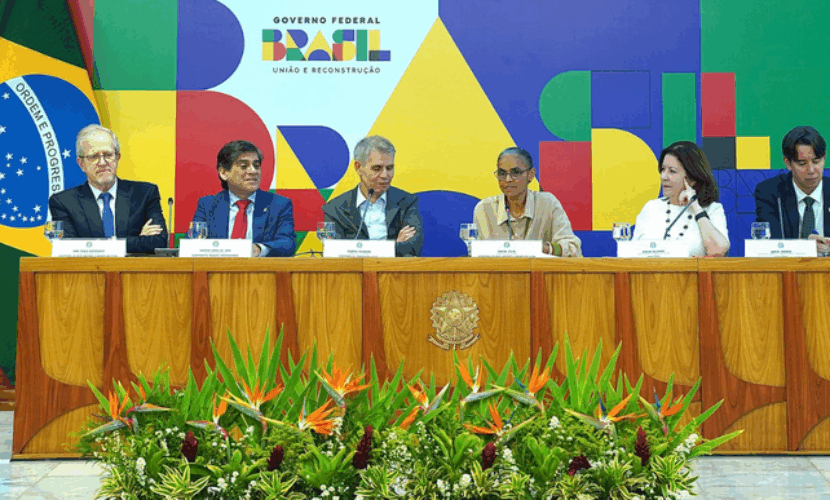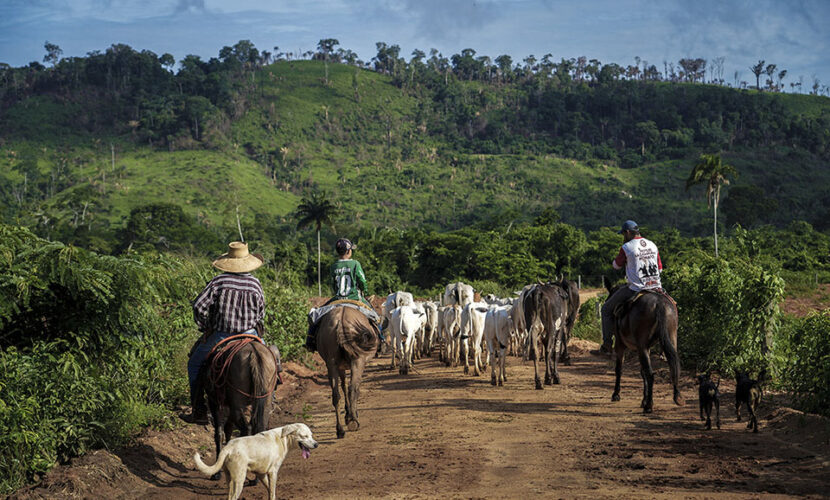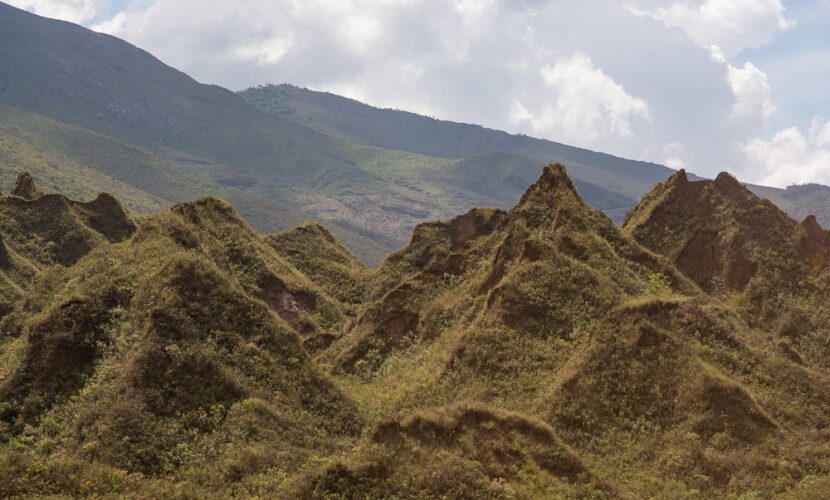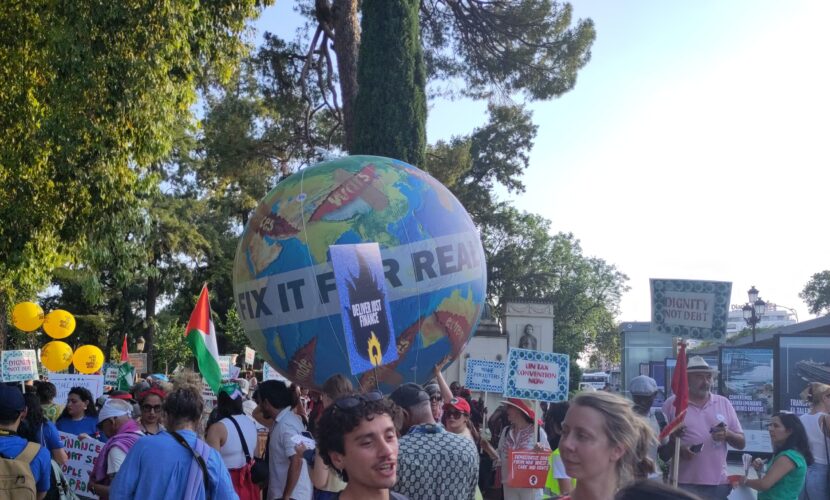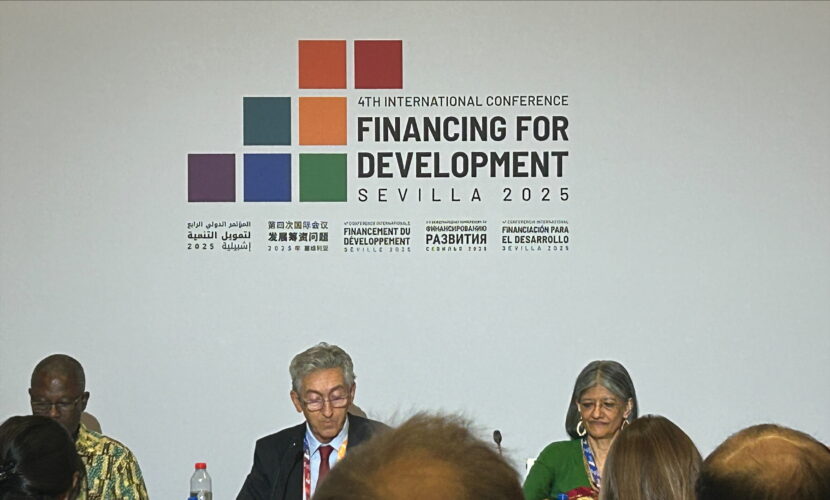最新記事&分析
Exposing the Financial Fault Lines in the (Un)Just Energy Transition: New Report Exposes Billions in High-Risk Mining Finance
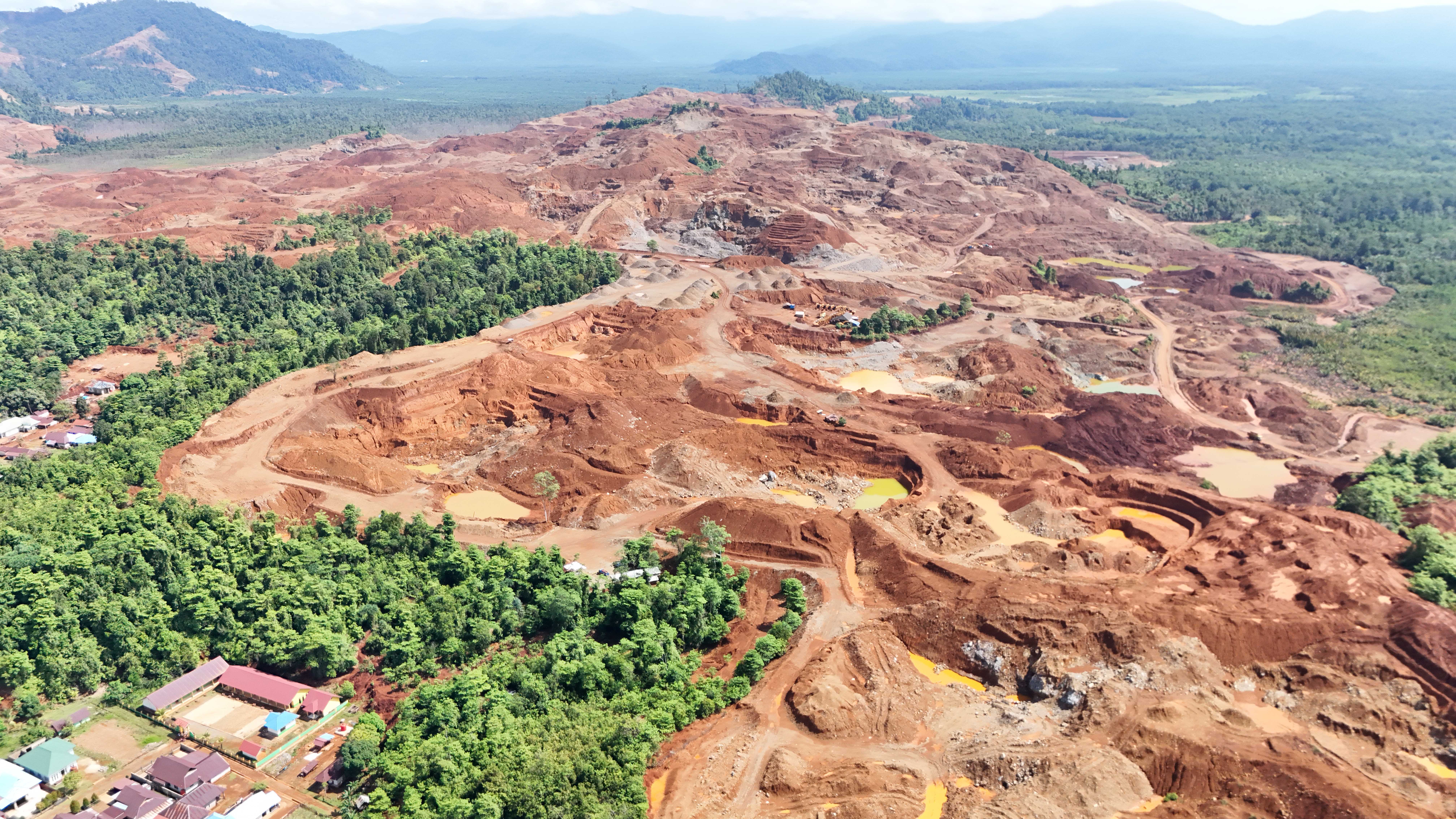
A new report released today by the Forests & Finance Coalition, with support from global civil society partners, warns that the global push for a just energy transition is being dangerously undermined by extractive finance.
Titled “Mining and Money: Financial Fault Lines in the Energy Transition”, the report reveals that between 2016 and 2024, major banks poured $493 billion in loans and underwriting into transition mineral mining companies, while investors held $289 billion in bonds and shares as of June 2025. These flows overwhelmingly supported companies linked to deforestation, land grabs, contamination, and labour rights violations.
Minerals like cobalt, nickel, lithium, and copper are surging in demand due to their role in current renewable energy technologies, but the way they are mined and financed is far from clean, green, sustainable or just.
Big Banks, Bigger Risks
The report identifies JPMorganChase, Bank of America, Citi, and BNP Paribas as the largest banks financing destructive mining operations. On the investment side, BlackRock, Vanguard, and Capital Group held billions in bonds and shares of mining giants like Glencore, Vale, and BHP.
Despite public commitments to sustainability, the average environmental, social and governance (ESG) policy scores for mining across 30 major institutions assessed by Forests & Finance was just 22%. Many had no policies at all to prevent financing of tailings dam failures, Indigenous land grabs, or deforestation despite mining being a well known high-risk sector.
“This should be a wake-up call for every policymaker, banker and investor: you cannot build a just energy future by trampling rights, displacing communities and torching biodiversity,” said Stephanie Dowlen, forest campaigner with Rainforest Action Network, a member of the Forests & Finance Coalition. “A Just Transition needs finance that no longer rewards bad behaviour and corporate impunity.”
Communities and Ecosystems on the Frontlines
Drawing on case studies from Indonesia, Brazil, the Democratic Republic of Congo (DRC) and Australia, the report documents the human and environmental toll of unchecked mining expansion. Nearly 70% of transition mineral mines overlap with Indigenous or peasant lands, and 71% are located in high-biodiversity regions already under climate and social stress. The research links transition mineral mining to deforestation, pollution, Indigenous rights violations, unsafe labor practices, new coal plants, fatal and catastrophic tailing dam collapses and ecosystem destruction—despite being publicly championed as contributing to a “green” or “sustainable” energy transition.
In Indonesia, Harita Group’s nickel operations are powered by coal and the tailings mismanagement has resulted in contamination of water sources affecting communities. Vale in Brazil continues to operate with corporate impunity after killing hundreds in two dam collapses and causing the country’s worst environmental disaster. Cobalt mining in the DRC is exploiting workers and displacing communities as a result of expansion and pollution. Mining for aluminium (bauxite) in Australia is expanding across Indigenous Noongar country, deforesting critical habitats and threatening the water catchments for Perth.
Global Principles and Policy Demands
The Forests & Finance Coalition warns that without urgent reforms, the energy transition will entrench an exploitative, high-risk model that undermines climate, nature and development goals. The report calls on governments, banks, and investors to align capital with a just, equitable and sustainable transition by:
- Respecting human rights — including Indigenous Peoples’ Rights, Free, Prior and Informed Consent (FPIC), labor standards, and protection of human rights defenders.
- Protecting nature — excluding finance for companies linked to deforestation, biodiversity destruction, water pollution, and unsafe waste management.
- Strengthening accountability — through human rights and environmental due diligence, supply chain traceability, transparency, and grievance mechanisms.
- Aligning with climate and nature frameworks — requiring credible climate transition plans and cutting fossil fuel finance.
- Establishing red lines — excluding clients with repeated or unresolved rights violations, environmental harms, or failure to remedy harms.
A Crossroads for Climate, Nature and Justice
The race to secure transition minerals is being framed as essential for climate action. Yet the current economic model driving demand is built on overconsumption, corporate concentration, and the exploitation of marginalised people and ecosystems.
“Mining is one of the main causes of the climate crisis and now presents itself as a central part of the solution to the problem in the energy transition without changing its exploration model and value chain worldwide. This is a glaring contradiction that can no longer be ignored by decision-makers,” comments Maurício Angelo, Executive Director of Mining Observatory, PhD Candidate in Environmental Science at University of São Paulo and MSc in Sustainable Development at University of Brasília.
Unchecked financing of extraction is turning the energy transition into another chapter in mining’s long history of harm — one where lower-income countries bear the heaviest costs while wealthier economies reap the benefits.
“Mining has a long and sordid history, causing serious harm and disproportionately impacting some of the most marginalized people in the world, “ said Gabriela Sarmet of the Mining Observatory, a member of the Forests & Finance coalition. “The fact that banks and investors have poured so much money into Vale in Brazil after not one, but two catastrophic dam collapses shows that profit is more important than life.”
